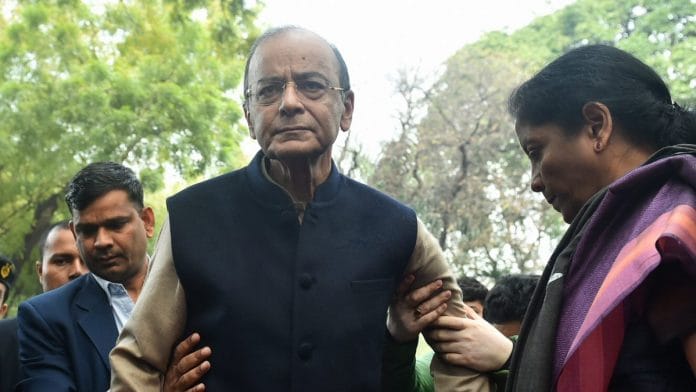New Delhi: India Friday withdrew the ‘Most Favoured Nation (MFN)’ status accorded to Pakistan under the World Trade Organisation (WTO) framework, after at least 40 CRPF personnel were killed in a suicide attack in Jammu & Kashmir that was claimed by Pakistan-based Jaish-e-Mohammed (JeM).
The decision was taken at a meeting of the Cabinet Committee on Security (CCS), which is chaired by Prime Minister Narendra Modi.
What is MFN status?
The WTO introduced the MFN status in 1996. It is accorded by a country to valued partners to boost non-discriminatory bilateral trade.
According to the WTO, while MFN suggests special treatment, it requires each member to treat “all the other members equally as ‘most-favoured’ trading partners”.
Typically, if the MFN status is withdrawn, tariffs could change and some restrictions may come into play.
Bilateral trade between India and Pakistan stands at just over $2.28 billion annually, which means the withdrawal of MFN status may not have any serious impact on Pakistan. But the decision constitutes a strong diplomatic response from New Delhi to Islamabad on terrorism.
Although essentially a trade-related arrangement, indirectly, MFN is often linked to the status of diplomatic relations, signalling either an improvement or a deterioration.
While India accorded MFN status to Pakistan in 1996, Islamabad has not reciprocated, even as it continues to look at ways to enhance trade with other countries, including China. Pakistan still has a negative list of over 1,200 items that are not allowed to be imported from India.
Trade between India and Pakistan
Trade between the two countries, which represent over 80 per cent of South Asia’s gross domestic product, stood at $2.41 billion in 2017-18.
In 2016-17, data from the Union Ministry of Commerce indicates that trade between the neighbours dropped to $2.28 billion from $2.61 billion the previous year.
Indian exports to Pakistan, under MFN, include cotton, meat, chemicals, medicines and agri-products. Dairy products and sugar are also exported. Nuts, fruits, cement, leather products, onions are typically imported from Pakistan.
Trade between the neighbours is mostly carried out through indirect routes due to the political uncertainty in ties. This means that exports and imports are routed through other countries, such as the UAE and Singapore.
“At present, trade between the two countries is minuscule due to the political environment,” a senior official at business body Federation of Indian Chambers of Commerce & Industry told The Print.
“Mostly, trade between India and Pakistan takes place through the indirect route… Essentially, it comes through other countries and that does not get reflected in the trade numbers between the two countries,” the official added.
Last year, a World Bank report — ‘Glass Half Full: Promise of Regional Trade in South Asia’ — had pointed out that trade between the two countries could go up to $37 billion if they worked through their differences.






